|
One year after her mother died of liver cancer, Ma Myint went for a hepatitis B test at a clinic in Yangon, Myanmar, supported by Community Partners International (CPI). The test came back positive.
In Htoke Kaw Koe Village in Karen State, Myanmar, the wells traditionally used for water supply are drying up. A new gravity-flow water system, supported by Community Partners International (CPI), is helping to ensure access to essential water for this and five other villages.
As conflict and instability force nearly half of Myanmar’s population below the national poverty line, with another quarter close to the edge, we visit a project supported by Community Partners International (CPI) in Karen State that is helping families grow food to support their nutrition and livelihoods and increase resilience in uncertain times.
With support from Community Partners International, the Myanmar Anti-TB Association is helping push back tuberculosis (TB) in Yangon’s low-income communities. We talk to health care providers and a TB patient about preventing and treating this potentially life-threatening disease.
Amid an economic and political crisis in Myanmar, Kyi Kyi Sein is working to build a small business offering food and beauty products derived from natural ingredients. A social impact investment supported by Community Partners International (CPI) is helping her explore new products.
The health of low-income families and communities depends on more than access to health care. We revisit a pioneering project supported by Community Partners International in Myanmar’s Ayeyarwady Delta that seeks to address health needs and empower women to strengthen the underlying social and economic factors that create healthy communities.
Safe Births in Unsafe Places: Supporting Pregnant Women and Newborns in Myanmar’s Conflict Zones1/24/2024
Despite conflict forcing half of their clinics to relocate and restricting their ability to travel, the Thaundaunggyi Women’s Group is adapting to provide women in eastern Myanmar with essential sexual and reproductive health services. But conflict and deep poverty are taking a profound toll on the families they serve.
When May*, a female sex worker in Yangon, Myanmar, found out she was HIV positive, she was devastated. Limited awareness of HIV, and the illegality and stigmatization of sex work, puts female sex workers and their clients at greater risk. Research indicates that one in six female sex workers in Yangon is HIV positive.
Myanmar’s economic crisis has put small businesses under pressure. We hear from entrepreneur and small business owner Ma Nan Htet Htet about how a microloan supported by Community Partners International (CPI) is helping her weather the storm.
As low-income communities across Myanmar struggle amid economic and political crises and widespread armed conflict, the risk of the spread of dangerous infectious diseases like tuberculosis (TB) is growing. Community organizations like Community Partners International (CPI)’s partner, the Hlaingtharya Development Network (HDN), are a vital resource in helping communities prevent and treat this disease.
|
AuthorCPI Admin Archives
July 2024
Categories
All
|
|
|
COMMUNITY PARTNERS INTERNATIONAL
580 California St Fl 16, Ste 1658, San Francisco, CA 94104-1068, USA [email protected] +1 510 225 9676 We are a registered nonprofit 501(c)(3) Public Charity. TAX ID 94-3375666 |
©
Community Partners International





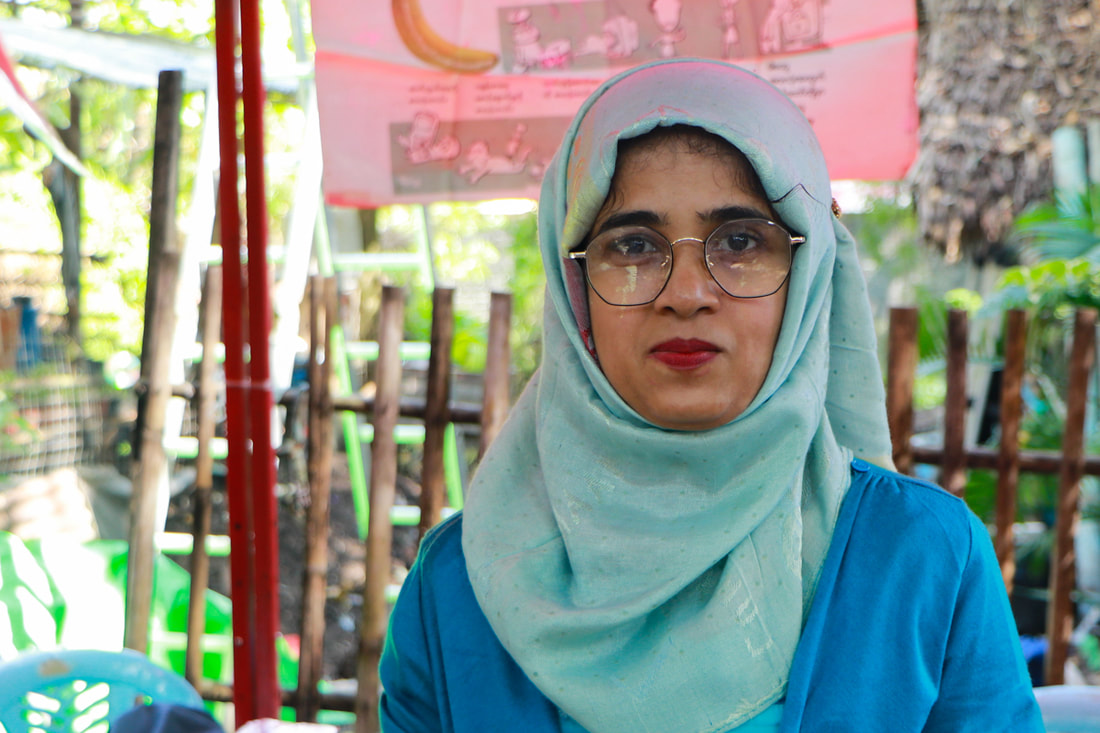
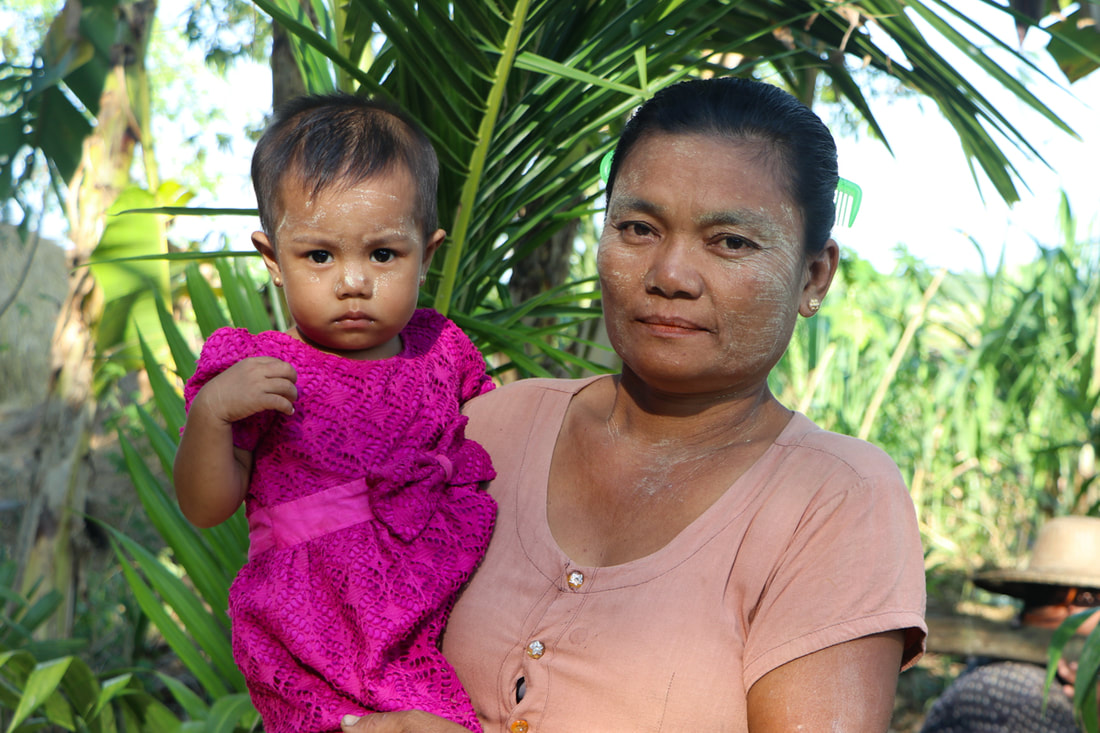
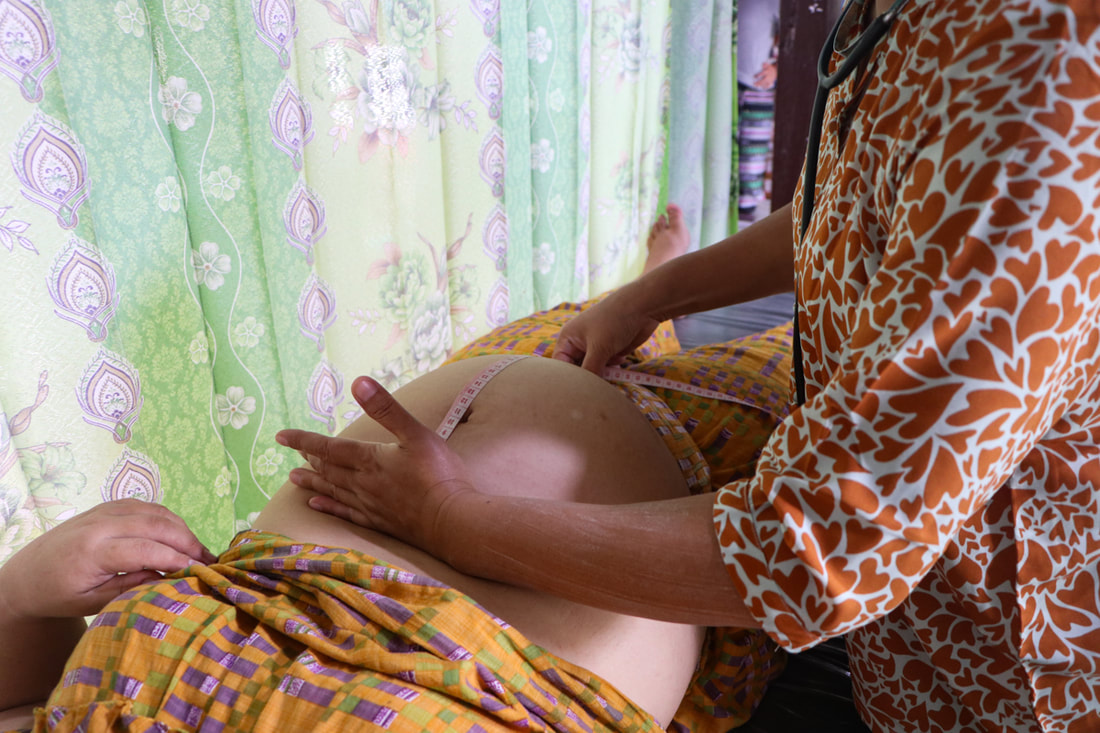
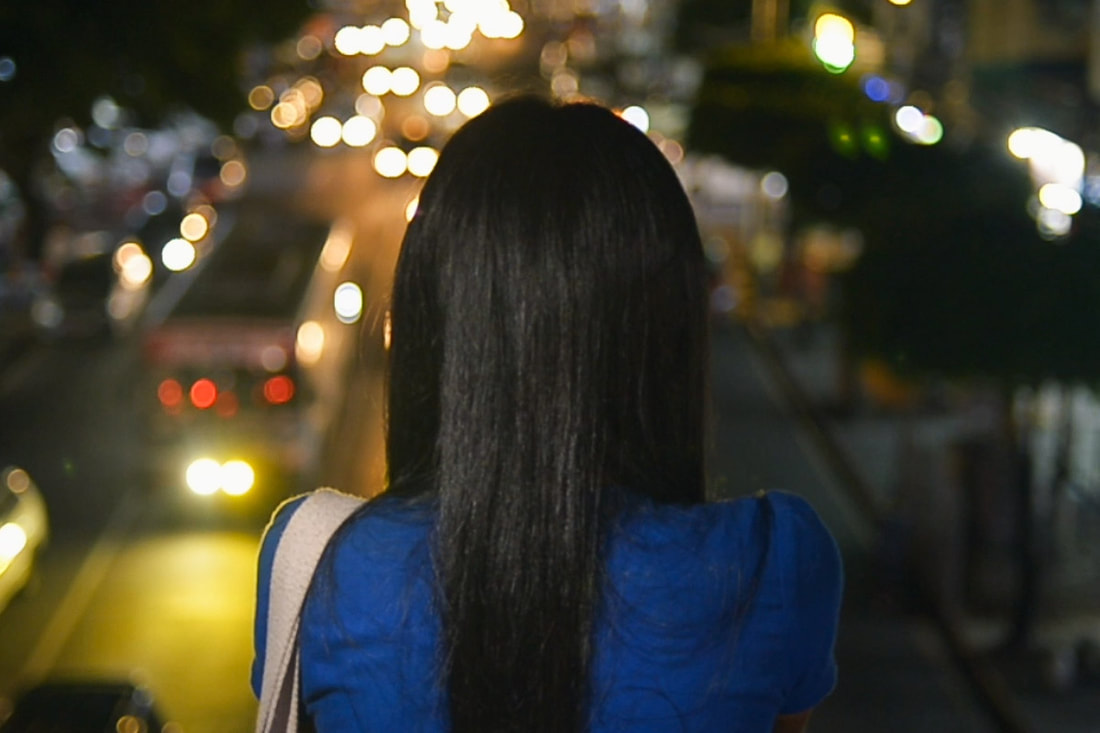
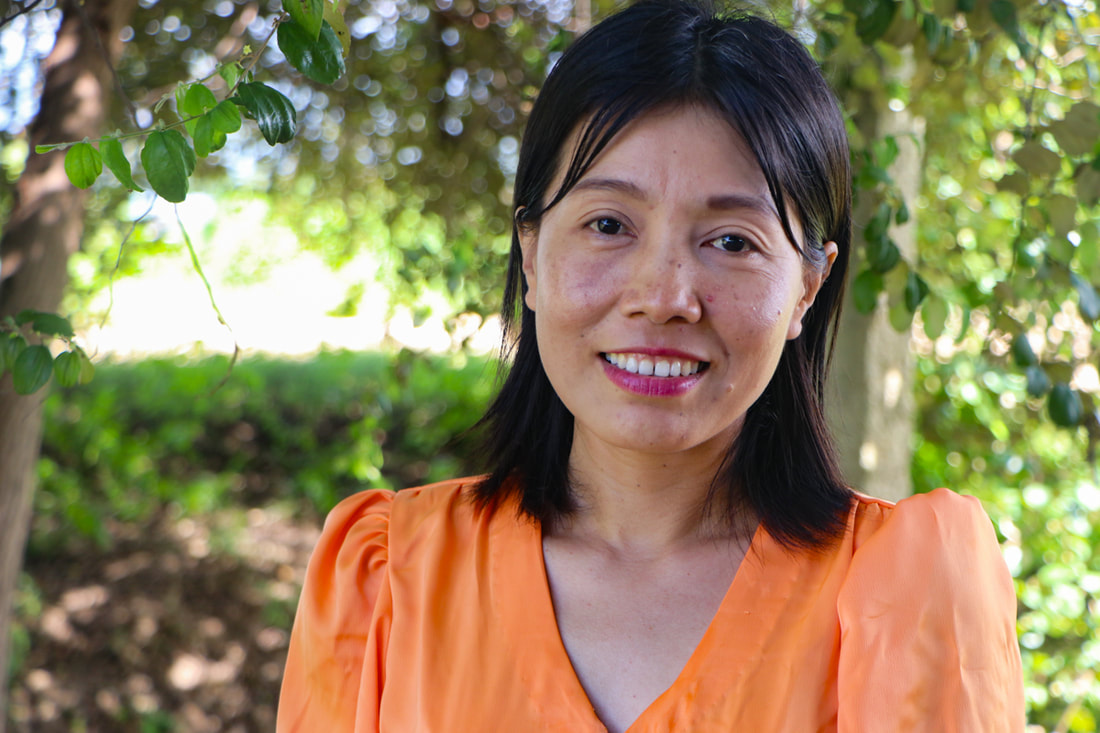
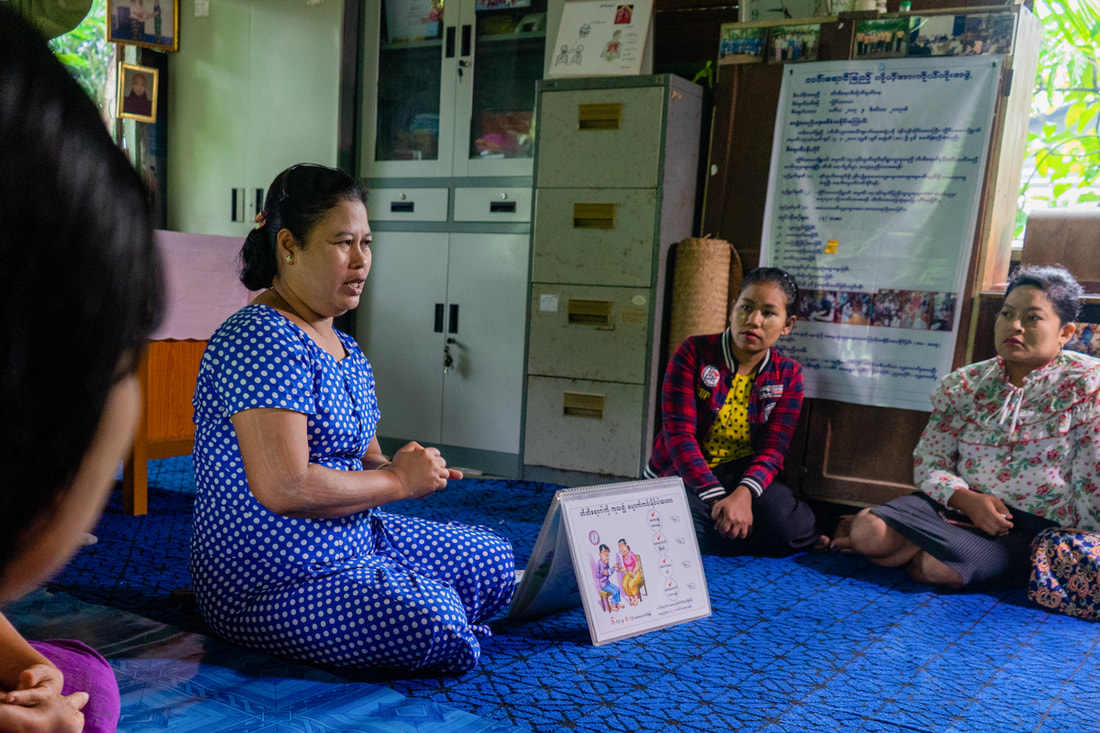
 RSS Feed
RSS Feed
